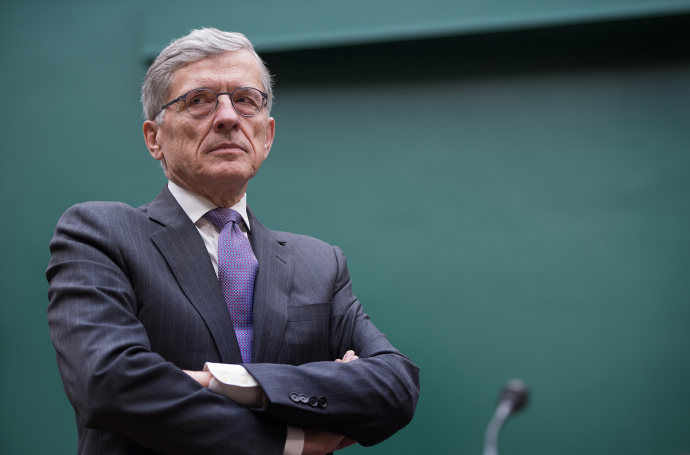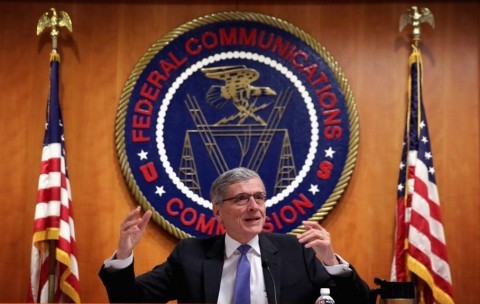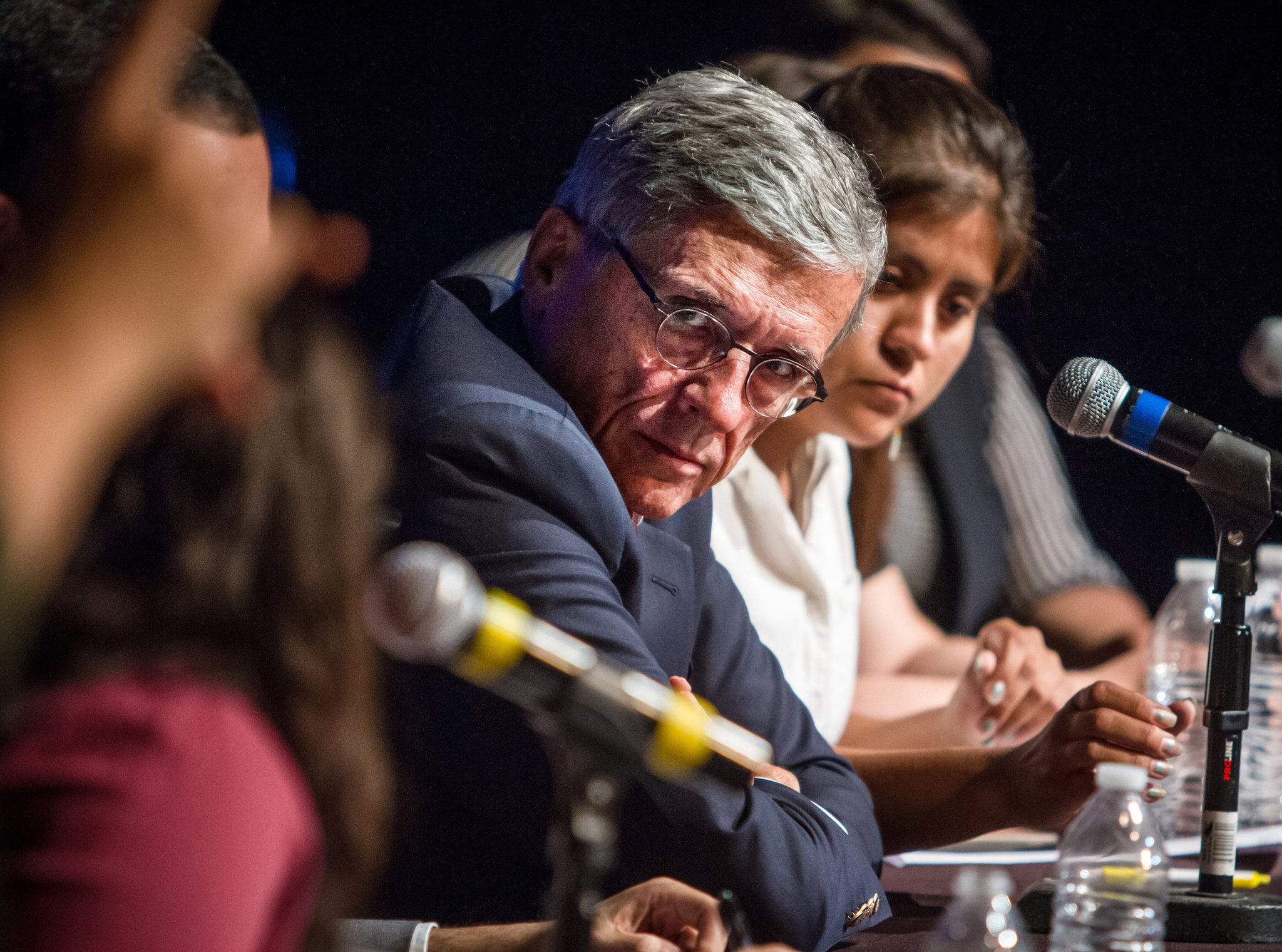
Today, the Federal Communications Commission, by a vote of three to two, enacted its strongest-ever rules on net neutrality, preserving an open Internet by prohibiting broadband providers from blocking or slowing content that flows across their pipes. It is a substantial achievement for the Obama Administration and the F.C.C. chairman Tom Wheeler, and also for the many groups that fought hard for the outcome. But it also is a moment to reflect back on the process over the last year that led here, and figure out why what so many people thought they knew turned out to be wrong.
Why Everyone Was Wrong About Net Neutrality – The New Yorker.

What is the right way to run the internet? After months of pitched debate over so-called net neutrality, the FCC will finally vote on a proposal that will prevent broadband providers from slowing down or speeding up certain websites.
While there’s little doubt about the outcome of the vote, Thursday’s FCC hearing could still bring some surprises. Here’s an overview of how the process will unfold, key issues to watch, and what will happen next.
Net Neutrality day is here: a guide to today’s vote | Gigaom.

The chairman of the Federal Communications Commission on Thursday proposed the “strongest open Internet protections” the Web has ever seen.
FCC Chairman Tom Wheeler said by placing broadband Internet providers such as Comcast and Verizon Wireless under a stricter regulatory regime, consumers would be ensured an open Internet. Under the new regime, broadband providers would be explicitly banned from blocking content or creating fast lanes for Web services that can pay for preferential treatment into American homes.
The proposal is the latest in a year-long struggle by Wheeler, a former lobbyist for the cable and wireless industry, to create so-called net neutrality rules, amid great public interest in the creation of strong rules and fierce opposition by deep-pocketed telecom and cable companies.
The head of the FCC just proposed the strongest net neutrality rules ever – The Washington Post.

As a lobbyist for the cable and wireless industries, Tom Wheeler played a role in shaping almost every major telecommunications policy and innovation over the last three decades.
Cable and telephone deregulation. Internet service in schools and libraries. C-SPAN.
None of them, though, have generated as much public interest as net neutrality, the policy most likely to define his time as chairman of the Federal Communications Commission.
In the last few months, Mr. Wheeler’s guidelines for net neutrality, the concept that users should have equal access to any legal online content, have become a lightning rod for criticism. More than 3.7 million comments about the policy have flowed to the commission. Many of them argue that Mr. Wheeler’s plan does not go far enough to protect an open Internet.
With Perspective From Both Sides of His Desk, F.C.C. Chairman Ponders Net Neutrality – NYTimes.com.
A look at the news and events happening in the Libraries at Waubonsee Community College



